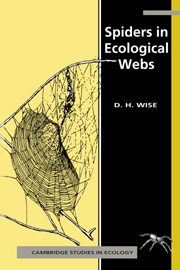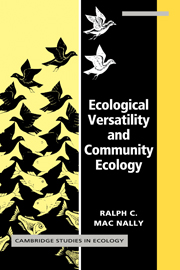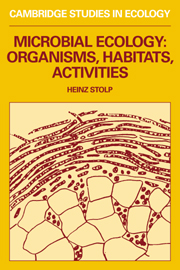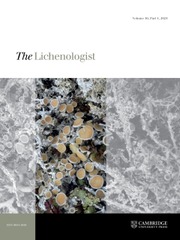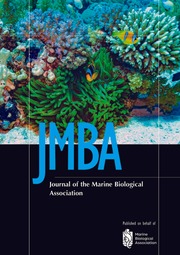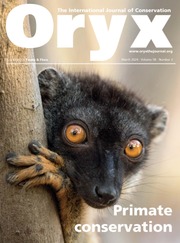Food Webs and Container Habitats
The animal communities in plant-held water bodies, such as tree holes and pitcher plants, have become models for food-web studies. In this book, Professor Kitching introduces us to these fascinating miniature worlds and demonstrates how they can be used to tackle some of the major questions in community ecology. Based on thirty years' research in many parts of the world, this work presents much previously unpublished information, in addition to summarising over a hundred years of natural history observations by others. The book covers many aspects of the theory of food-web formation and maintenance presented with field-collected information on tree holes, bromeliads, pitcher plants, bamboo containers and the axils of fleshy plants. It is a unique introduction for the field naturalist and a stimulating source treatment for graduate students and professionals working in the fields of tropical and other forest ecology, as well as entomology.
- A unique combination of natural history with ecological theory and practice
- A near complete treatment of an important sets of habitats and their faunas
- Features exciting areas of current community ecological theory and highlights future research opportunities
Reviews & endorsements
"An excellent reference. It is by far the most detailed treatment of the topic ever attempted, and it is essential reading for anyone interested in phytotelmata...If Kitching's intention was to make this work informative and interesting to a relatively broad audience, he has succeeded." Plant Systematics and Evolution
"Generalists will find fascinating the first 89 pages on the flora, fauna, and environment of phytotelmata. This excellent work is an essential addition to the field of community ecology." Choice
"The information in this book is of the weird and wonderful sort that makes birders, plant enthusiasts, herpetophiles, and really all naturalists exclaim, 'wow'!" The Canaidian Field-Naturalist
Product details
September 2009Paperback
9780521120005
448 pages
229 × 152 × 25 mm
0.65kg
Available
Table of Contents
- Preface
- 1. Introduction
- Part I. The Container Flora, Fauna and Environment:
- 2. The container flora
- 3. The container fauna
- 4. The phytotelm environment
- Part II. Methods and Theories:
- 5. The construction and quantification of food webs
- 6. Processes structuring food webs
- Part III. Patterns in Phytotelm Food Webs:
- 7. Food-web variation across geographical regions
- 8. Food-web variation within a continent: the communities of tree-holes from Tasmania to Cape Tribulation
- 9. Food-web variation at smaller spatial scales: regional and local variation in tree-hole and Nepenthes webs
- 10. The role of the host plant
- 11. Variation through time: seasonality, invasion and reassembly, succession
- Part IV. Processes Structuring Food Webs:
- 12. Competition and predation - basic forces structuring the community?
- 13. Stochasticism and determinism: processes structuring fod webs in phytotelmata
- Part V. Synthesis:
- 14. A food-web templet
- Annexe
- References
- Index.


